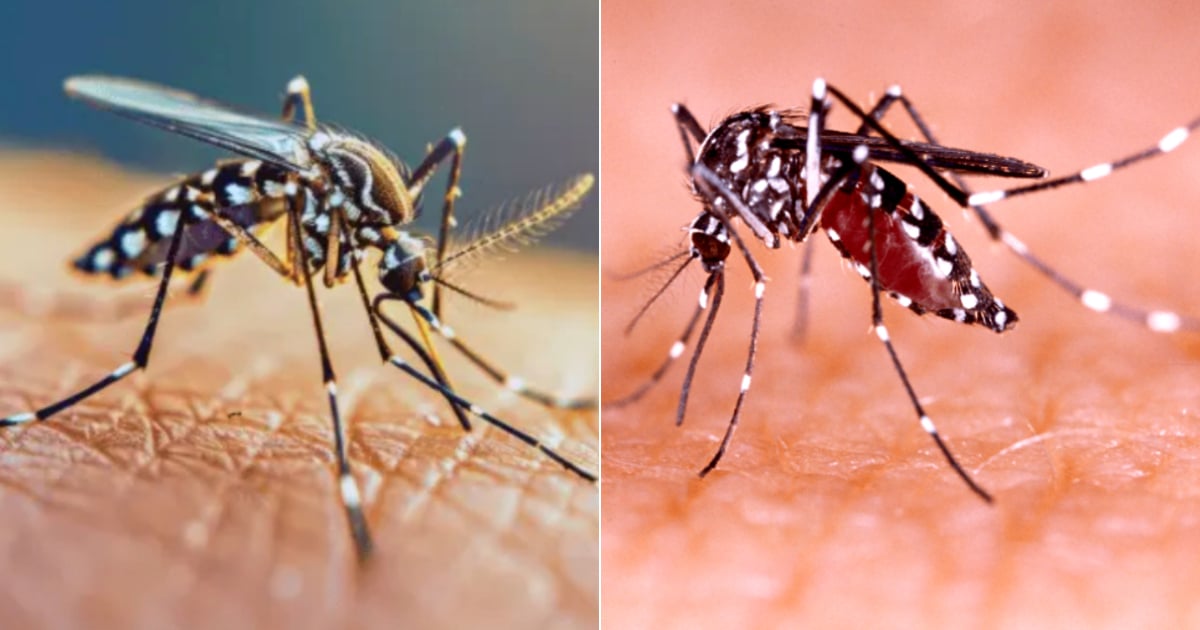Cuba is currently facing a new health alert due to the increase in cases of dengue and Oropouche fever across several provinces. The confirmation of the Oropouche virus in nine provinces and 23 municipalities, detected at the national reference laboratory of the Pedro Kourí Institute of Tropical Medicine (IPK), has triggered the island's health systems.
Municipalities in Matanzas, Mayabeque, Villa Clara, Sancti Spíritus, Ciego de Ávila, Holguín, Guantánamo, Santiago de Cuba, and Cienfuegos have confirmed the presence of the Oropouche virus from samples studied at the IPK's national reference laboratory.
Dr. Francisco Durán, National Director of Epidemiology at the Ministry of Public Health (MINSAP), reported that these cases were identified through monitoring and surveillance of unspecified febrile syndromes. He noted that all patients have shown favorable progress, improving between the third and fourth day of the illness.
Dr. Durán explained that Oropouche fever presents with mild clinical symptoms, including an incubation period of 5 to 7 days, characterized by fever, headaches, muscle and joint pain. Some cases also report vomiting and diarrhea. Although some patients may experience a second episode of similar symptoms around the sixth day, no severe cases, sequelae, or fatalities have been reported. There is no specific treatment for this disease, so patients are advised to seek medical attention for general symptom relief.
Rising Dengue Cases
Regarding dengue, the expert highlighted a rise in the incidence rate of suspected cases in recent weeks, especially in the special municipality of Isla de la Juventud and the provinces of Santiago de Cuba, Guantánamo, Ciego de Ávila, Camagüey, Holguín, and Cienfuegos.
Unlike the Oropouche virus, dengue can develop into severe forms and be fatal, stressing the need for timely medical attention. Both viruses are transmitted by mosquitoes: dengue by Aedes aegypti and Oropouche fever by mosquitoes of the genus Culex and dipterans of the genus Culicidae (biting midges).
This situation is exacerbated by inadequate environmental conditions, high temperatures, and increased rainfall in the national territory. Additionally, the country continues to monitor Acute Respiratory Infections, showing an 8.4% decrease in medical consultations for this cause. Currently, the endemic corridor is in the safety zone, with no reported COVID-19 cases, and the circulation of Influenza A and non-pandemic Coronavirus has been demonstrated.
To address this complex epidemiological situation, MINSAP's top officials are touring all provinces and the special municipality of Isla de la Juventud, assessing the preparedness and organization of the territories.
Dr. Durán emphasized the importance of public participation and cooperation. He urged immediate visits to the health system if symptoms such as fever, headache, joint pain, general discomfort, diarrhea, and vomiting occur. He also stressed the importance of following home or hospital admission measures as appropriate, supporting sanitation initiatives in homes and workplaces, and collaborating with local campaign operators for focal and/or adulticidal treatment actions.
FAQs on Dengue and Oropouche Fever Outbreak in Cuba
Here are some frequently asked questions regarding the recent health alert in Cuba due to dengue and Oropouche fever. These answers aim to provide more insight into the current situation and how to handle it.
What symptoms should I watch for if I suspect Oropouche fever?
Oropouche fever symptoms include fever, headaches, muscle and joint pain, and sometimes vomiting and diarrhea. An incubation period of 5 to 7 days is typical.
How is dengue different from Oropouche fever?
Dengue can develop into severe forms and be fatal, unlike Oropouche fever, which generally presents mild symptoms and no severe cases have been reported.
What should I do if I show symptoms of these diseases?
Seek medical attention immediately to receive proper care and general symptom relief measures.
How are these viruses transmitted?
Dengue is transmitted by Aedes aegypti mosquitoes, while Oropouche fever is transmitted by Culex mosquitoes and Culicidae biting midges.
